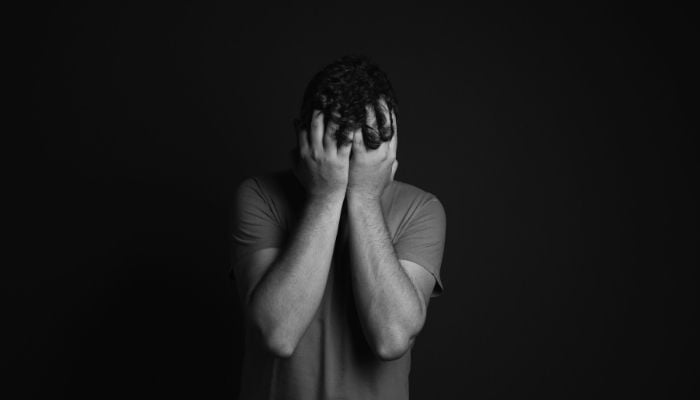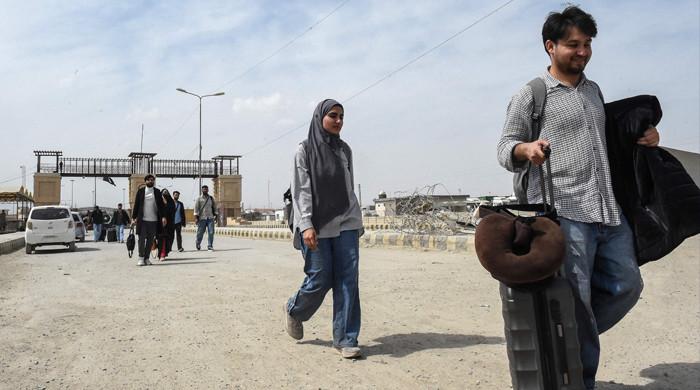Treating depression – It's ok to not be ok
Depression is not just a disease that affects people with mysterious pasts and painful present
February 25, 2022

“Depression” is a commonly used word these days. It is used frivolously, without realising its actual core meaning and the depth of pain of the disease.
Depression is a mental health condition that can affect anyone. The disease is not selective. It does not discriminate and has the same impact on men, women, children, rich and poor.
It can be defined as a disorder of the brain that occurs due to a combination of genetic and environmental factors working together.
The signs and symptoms of depression are not the same for everyone. There are times when you may feel sad, lonely or hopeless for a few days or just feel low for no obvious reason.
While, the condition known as “clinical depression” lasts longer, causing a disabling effect on one's personality. It can prevent a person from carrying out his/her normal, everyday activities.
If left untreated or undiagnosed , clinical depression can be life threatening.
Which is why it is crucial to recognize and identify the red flags and signs of the illness. The good news is that if treated properly depression is curable.
So, first and foremost, one must commit to the treatment. The treatment may involve counselling and therapy sessions or medication. Also, diagnosis at an early stage can help with speedy recovery.
Despite being the major cause of distress worldwide, depression is still underdiagnosed and undertreated. Depression can be a silent killer when ignored and swept under the carpet.
Numerous people suffer from depression and never seek medical intervention or seek solace through sharing their agony with peers or family. They choose a life buried under the burden of depression their entire lives.
What they are not aware of is that it only leads to worsened symptoms and various cognitive and physical disorders at a later stage in life.
Nothing about depression is easy.
It is a battle that is won only through support. The stigma attached with being diagnosed with depression is worse than being diagnosed with any terminal diseases. We need to understand that we need to know that it is OK to not be OK.
We need to be able to speak about our fears and phobias.
So stand up now and speak out!
Neelum Yousaf is a television anchor at Geo News. She tweets at @neelumusaf24.











